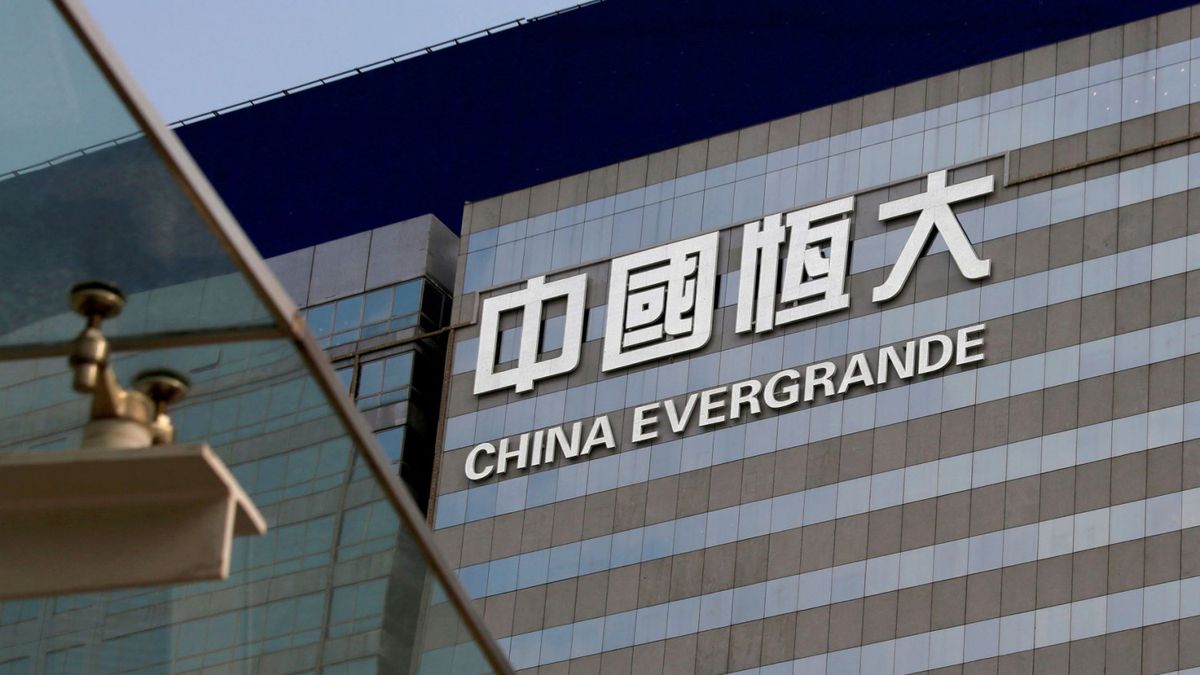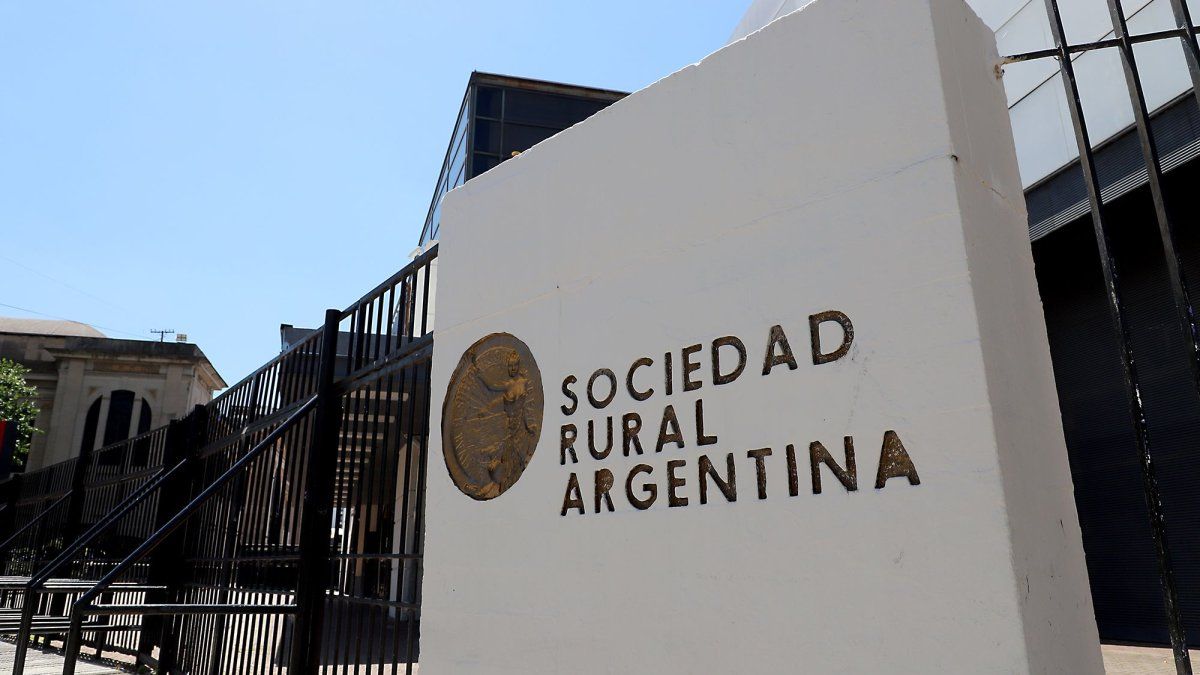Evergrande declared bankruptcy in the United States. The bankruptcy will be under Chapter 15 that safeguards the company’s assets in the United States, while restructuring agreements are managed in other jurisdictions.
Evergrande’s request relates to ongoing reorganization proceedings in Hong Kong and the Cayman Islands. The Chinese construction firm tried for months to complete a plan to restructure its debt outside the country. In July, he obtained judicial permission to vote on the agreement.
Since the sector’s debt crisis erupted in mid-2021, companies representing 40% of Chinese home sales have defaulted on paymentsmost of them private property developers.
Evergrande revealed losses of US$81 billion during 2021 and 2022underscoring how its massive debts remain a serious concern for the financial health of China’s real estate sector and the world’s second-largest economy as a whole.
As one of China’s largest apartment builders, Evergrande quickly fell into financial trouble in late 2021, sparking alarm around the world as some analysts feared a collapse that could be China’s “Lehman moment” and the start of another financial crisis.
Rather than let the company collapse under a $300 billion pile of debt, the Chinese authorities opted for what analysts called a “controlled demolition”: essentially managing the corporation through a gradual collapse. Since then, the company has remained in trouble, presenting a continuing headache for policymakers trying to restore confidence in the real estate sector.
The group finally opened up about the extent of its near-fatal cash crunch and the slow progress it made in resolving its financial difficulties when it released a repeatedly delayed earnings report late on Monday.
Aside from the $81 billion in losses, Evergrande’s total liabilities continued to grow in 2022, reaching $335 billion compared to just $251 billion in assets.according to the income statement.
That disclosure underscored the Chinese government’s misleading effort to tackle real estate debt without bursting a potential bubble, as it tries to ensure a lukewarm post-pandemic recovery isn’t sidetracked by a worsening real estate slump.
Source: Ambito




